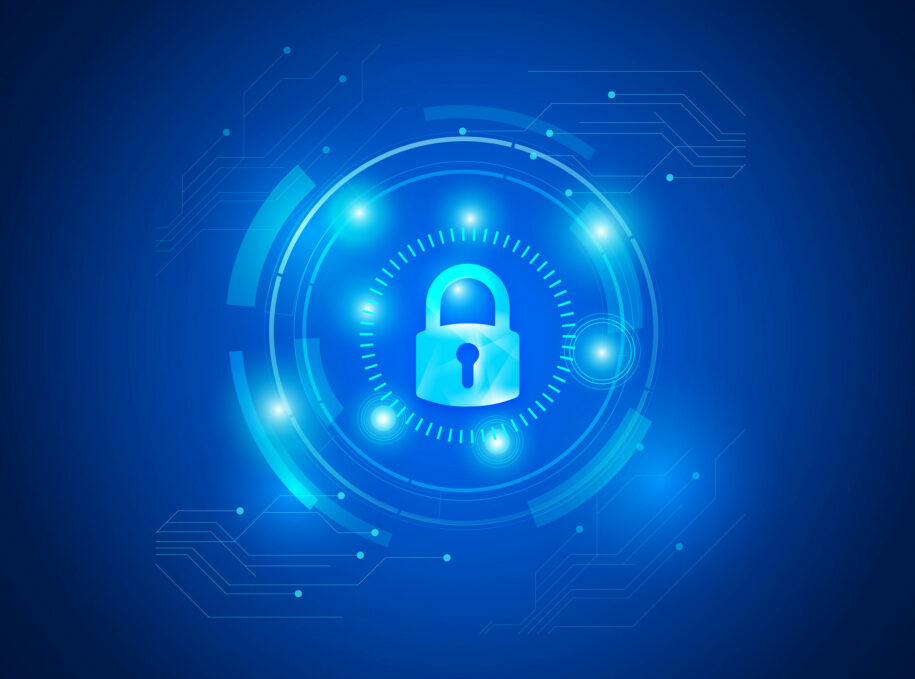The internet presents us with a wealth of opportunities for social interaction, information sharing, and entertainment. Social media has become one of the most popular ways to take advantage of these opportunities, allowing us to connect with friends and family, share news and experiences, and access a vast array of information.
However, as with any online activity, certain risks are associated with social media use.
With all of the continuous data breaches and scandals, people have no choice but to pay more attention to the security of their social media accounts. But what is social media security, and why should you care?
In this article, we will discuss security on social media and why it matters. We will also explain some of the most common social media security risks and offer tips on protecting yourself.
And when your done check out our other YouTube guides:
- Why Is Social Media Bad for Kids?
- How to Protect Your Privacy on YouTube
- How to Contact YouTube Customer Service
- How to Make Money on Social Media
What Does Social Media Security Mean?
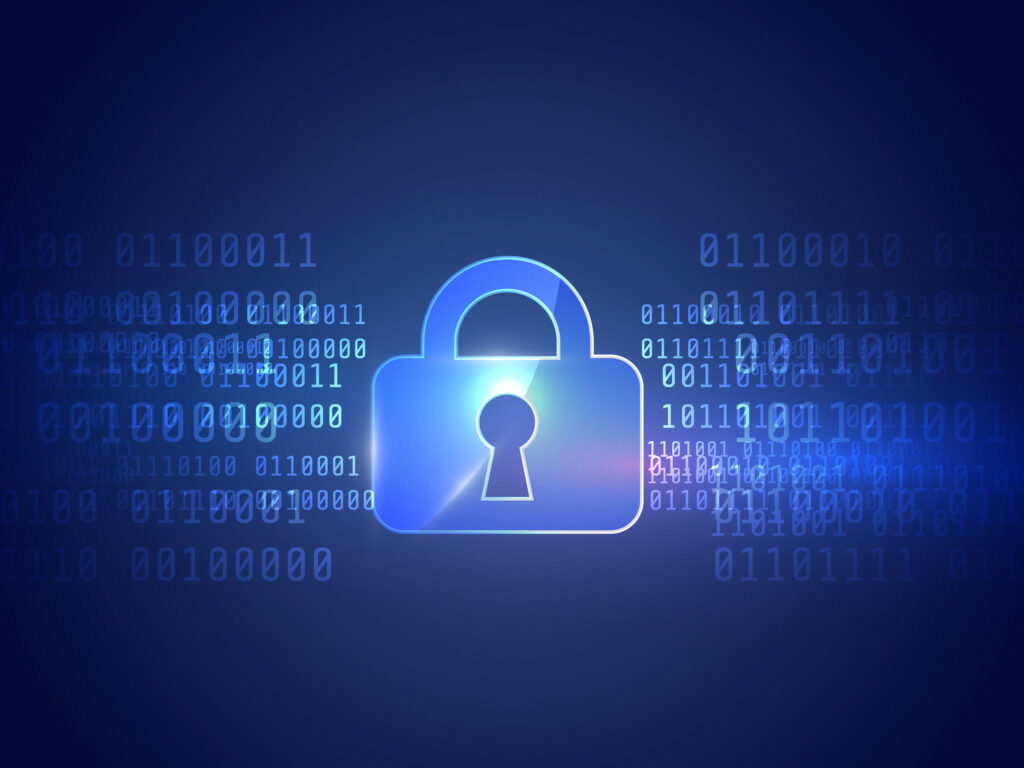
With the amount of time that people spend on social media today, it’s no surprise that security concerns have arisen. Security on social media refers to the process of protecting user information and data from unauthorized access or theft.
This can include strong password protection, two-factor authentication, and data encryption. While social media platforms have implemented some security measures, users must also know best practices for keeping their accounts safe.
For example, never sharing passwords with anyone and regularly changing passwords are important steps that users can take to improve their social media security.
Remember, anything you post online is public and can be seen by anyone. That means you should be careful about what you share and with whom you share it. Additionally, it’s important to be aware of the potential for scams and identity theft on social media.
Be sure to only friend or follow people you know and trust, and be cautious about clicking on links or sharing personal information.
Common Social Media Threats
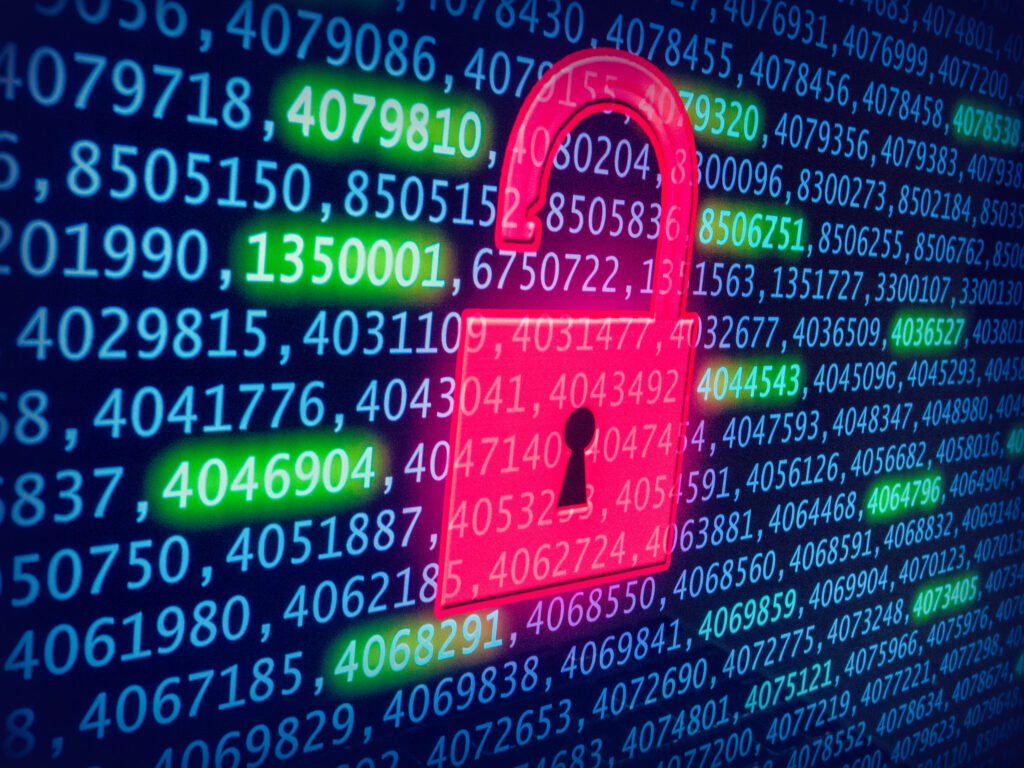
Numerous malicious actors would love to get their hands on your social media account information. Here are some of the most common threats that social media users face:
Affiliate scams

These are scams that promote products or services through fake social media accounts. Scammers often use attractive offers or deals to lure users into clicking links that lead to malware-infected websites.
Identity theft
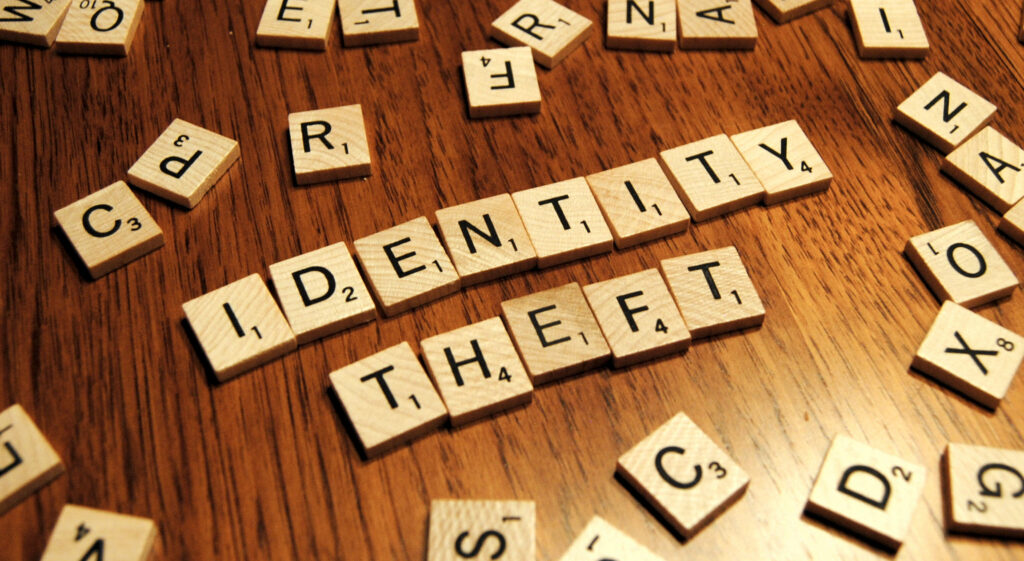
This is when someone steals your personal information to commit fraud. They may do this by hacking into your account or posing as you online to gain access to your personal accounts.
Malware
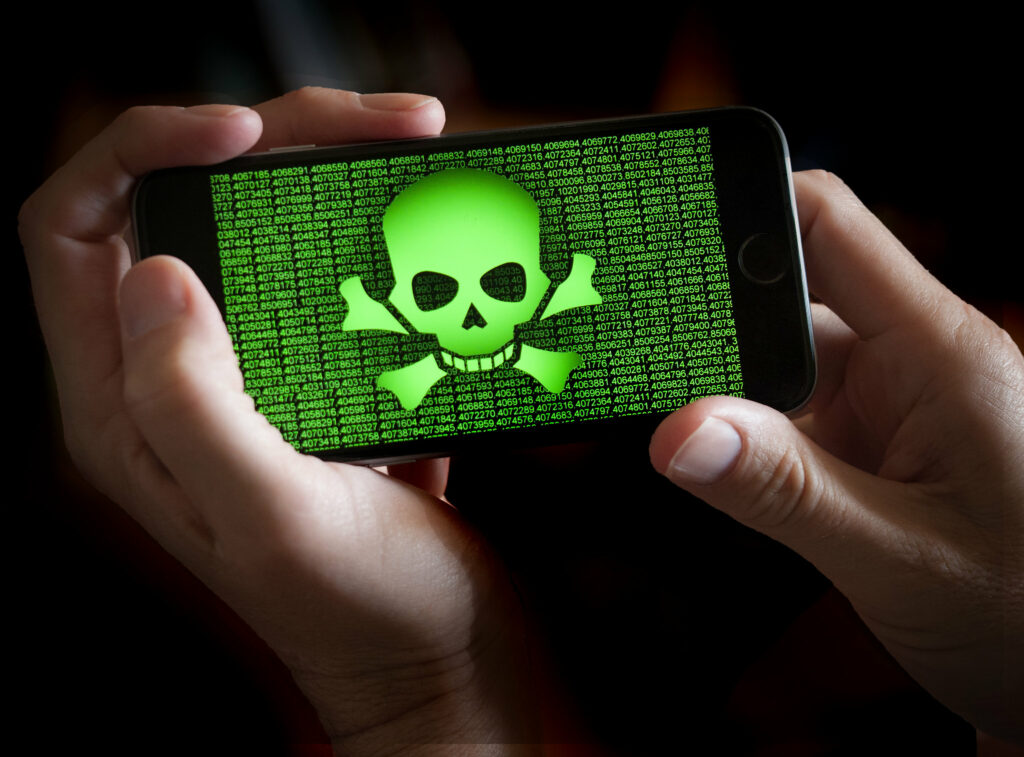
This is software that is designed to damage or disable computers. It can be spread through links, downloads, or attachments, leading to data loss or theft.
Phishing
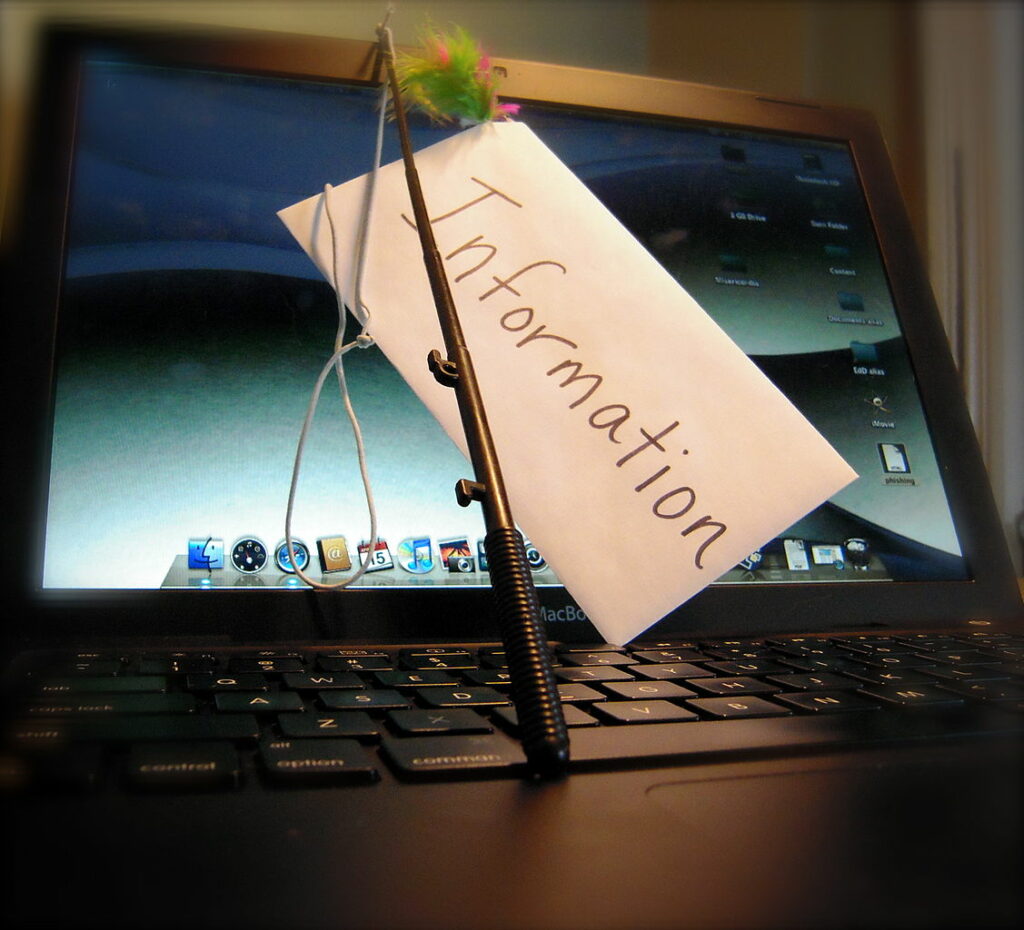
This is a type of scam where scammers send fraudulent emails or messages that appear to be from a legitimate source. They may try to get you to click on a link that leads to a malware-infected website or to enter personal information such as passwords or credit card numbers.
Dating Scams
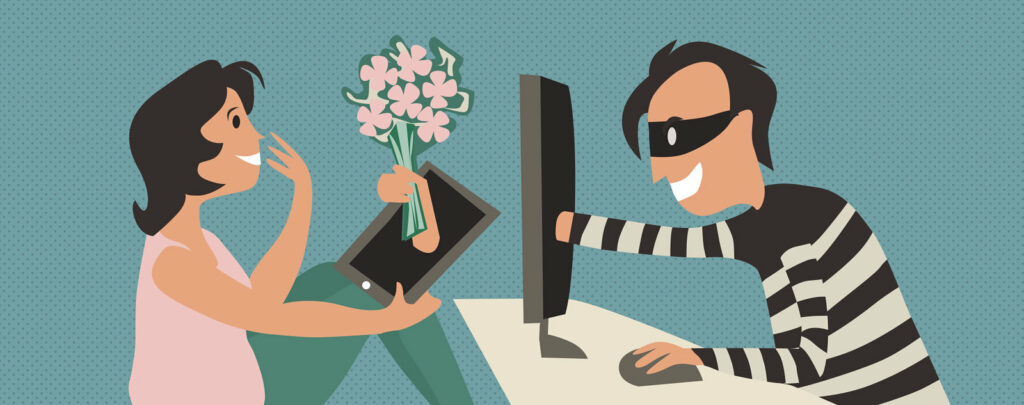
Catfishing or dating scams are one of the most common social media threats. These scams involve scammers creating fake profiles on dating websites or apps to trick people into giving them money. It has caused many people to lose a lot of money and even put their safety at risk.
Abuse and Cyberbullying
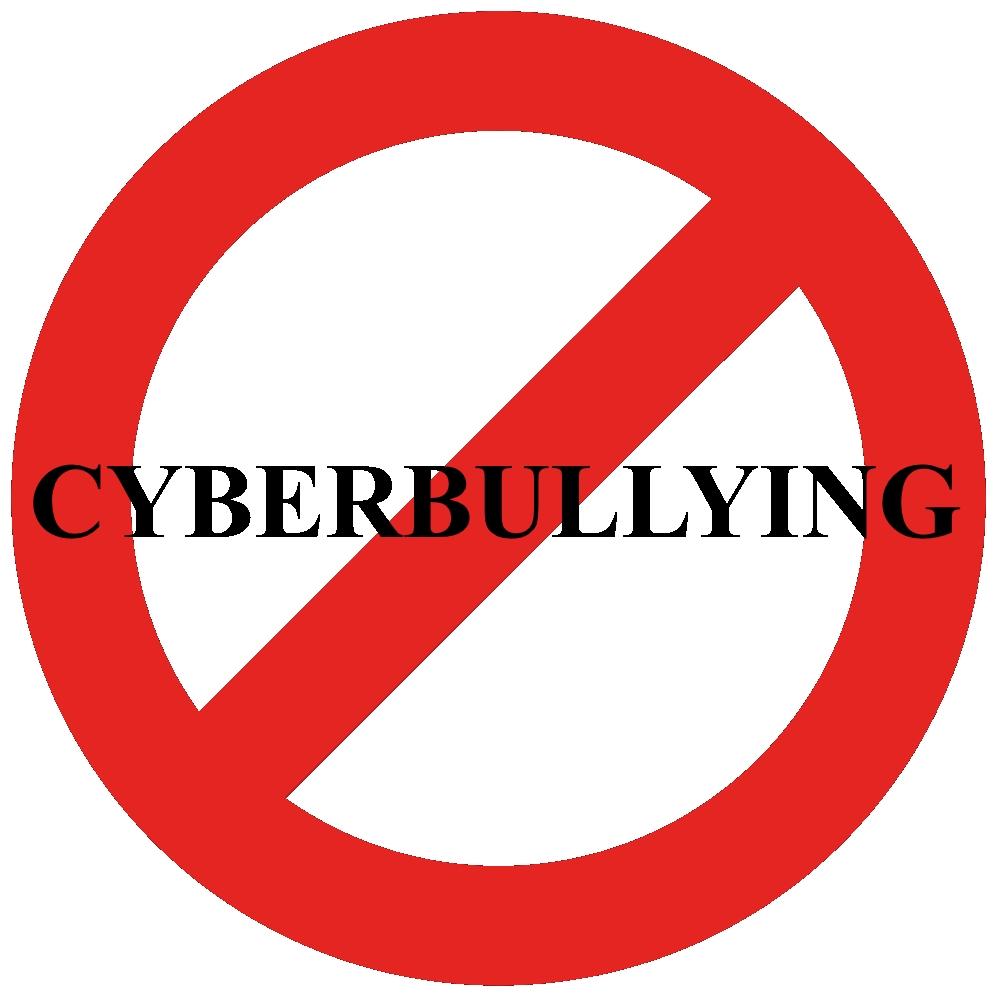
Let’s face it; social media can be a breeding ground for bullies and trolls. Unfortunately, this abuse is all too common, especially among young people. Cyberbullying can include sending mean or threatening messages, posting hurtful comments or photos, and spreading rumors online. It can have a serious impact on the mental health of those who are targeted.
Reasons Social Media Security Matters
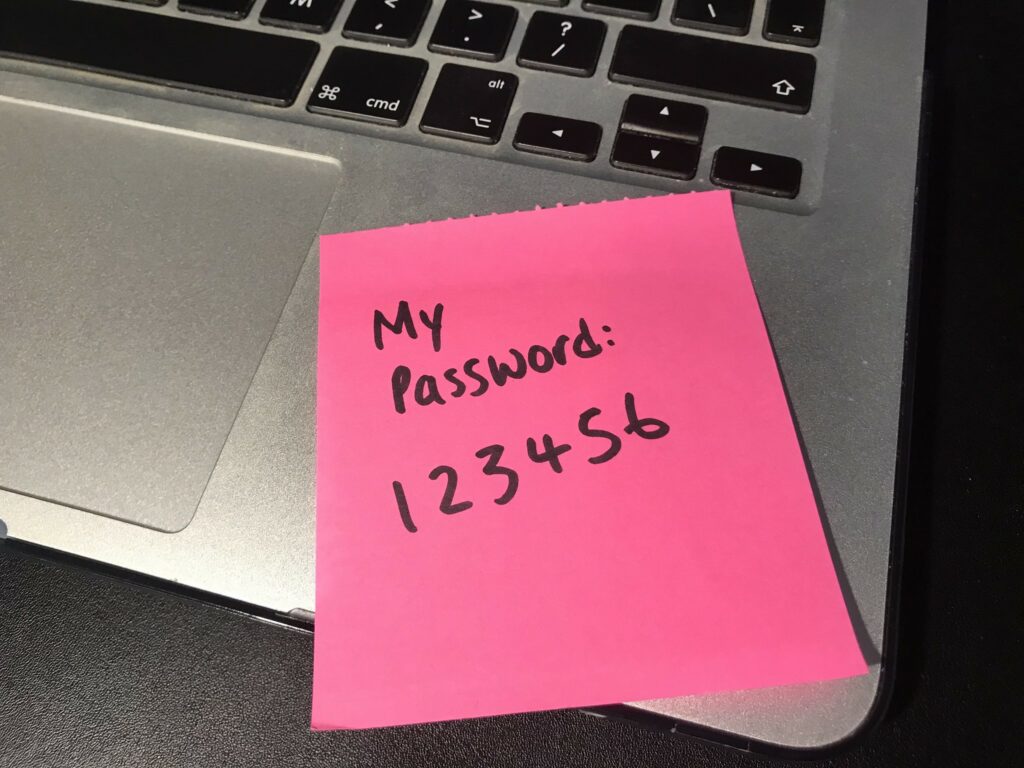
Because of the adverse effects that social media can have, it’s important to be aware of the potential threats and take steps to protect yourself. Here are some reasons why social media cyber security matters:
Social media is a prime target for hackers: With so much personal information being shared on these platforms, they have become a lucrative target for cybercriminals. Hacking a person’s social media account can give criminals access to sensitive information such as addresses, bank details, and dates of birth. This can lead to identity theft, financial fraud, and other crimes.
Spreading malware: Hackers can use social media to distribute malware, which can infect your computer or mobile device if you click on a malicious link. Once infected, your device may be used to launch attacks on other computers or devices or to steal your personal information.
Your social media activity can be used against you: Insurance companies, employers, and even potential romantic partners may all use your social media activity against you. For example, insurers may refuse to cover you if they believe you have misrepresented your lifestyle on social media, while employers may reject job applications based on an applicant’s social media profile.
Social media platforms collect data about you: Every time you use a social media platform, you are providing data that can be used to build a detailed profile of you. This information may be used for marketing purposes or sold to third parties without your consent or knowledge.
You could be sued for what you post on social media: You could be sued for libel or defamation if you post something defamatory. Even if you delete the post, copies may still exist online and could be used against you in court.
Your children are at risk if you use social media carelessly: You could be violating their privacy rights if you post pictures or information about your children on social media without their permission. In some cases, this could also put them at risk of identity theft or abduction if their personal information falls into the wrong hands.
You could be hacked through social engineering scams: Hackers often use social engineering techniques to trick people into revealing their passwords or other sensitive information. For example, they may pose as a customer service representative from your bank and ask for your login credentials.
Or, they may send you a message that appears to be from a friend, asking you to click on a link that leads to a malicious website. Once clicked, the hacker can then install malware or steal personal information. Scams like these are becoming increasingly common, so it’s important to be vigilant when using social media.
Always verify the identity of someone before sharing any sensitive information. When in doubt, err on the side of caution and don’t click on any links or provide any information until you’re sure it’s safe.
You could lose control of your accounts if they’re hacked: If a hacker gains access to your social media accounts, they could delete your account, posts, messages, photos, and videos. They could also impersonate you and contact your friends using your account. In some cases, hackers have even been able to hijack entire accounts and use them maliciously.
Tools to mitigate social media risks

Now that we’ve gone over some of the risks associated with social media, let’s talk about some tools and social media security tips you can use to protect yourself.
Two-factor authentication: This is an extra layer of security that requires you to enter a code from your mobile device to log in to your account.
Privacy settings: Be sure to adjust your privacy settings so that only people you know and trust can see your posts and personal information.
Antivirus software: This will help to protect your computer from malware.
Link checker: This tool will scan links for malware before you click on them.
Reporting abuse: If you see something, say something. Most social media platforms have a way of reporting abuse or inappropriate content.
Conclusion
We hope this piece has helped to shed some light on the importance of security on social media. Remember, when it comes to social media, an ounce of prevention is worth a pound of cure. If something looks too good to be true, then it probably is. Be cautious of the links you click on and the information you share, and always verify the identity of someone before sharing any sensitive information. By following these simple tips, you can help to keep yourself and your family safe from the risks of social media.
- Can You Buy YouTube Subscribers To Grow Your Channel Successfully? - March 11, 2024
- How to Use YouTube for Content Promotion? - October 12, 2023
- Does YouTube Use Artificial Intelligence? - October 10, 2023

